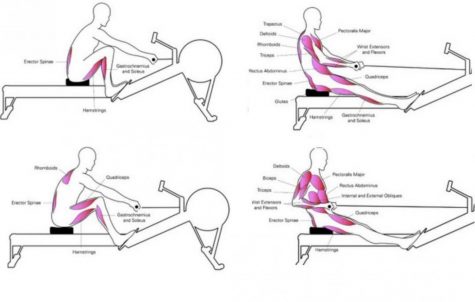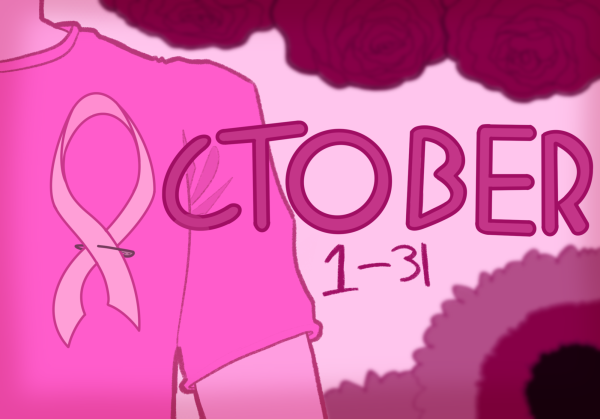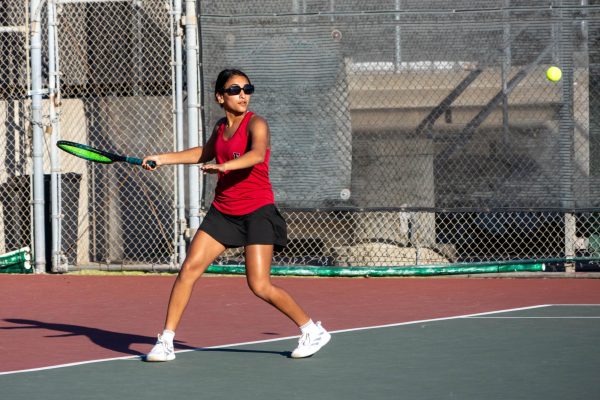Rowing: more than meets the eye
February 28, 2021
Why does a large community of people around the world wake up at untimely hours to drive to their local boatyards, donning layers to meet the cool early morning mist? What is the meaning behind their rough callused hands, research on ‘race plans’ and need for a protein bar? This vast and varied group call themselves rowers, but what does the sport they participate in truly entail?
Rowing originated in ancient Egypt but became a popular sport first in England, then in America during the 19th century. The sport consists of athletes using oars to race thin, one, two, four or eight person boats in events called regattas in order to win medals and other awards around the globe.

When “rowing” comes to mind, one might picture boats with people gliding down sunny lakes, rivers or channels, but there’s so much more happening behind the scenes than initially meets the eye.
Commonly mistaken for solely an upper body workout, the action of rowing uses 86% of all body muscles(image below, left/right) As a full-body outdoor sport it offers an escape from everyday life, even stress and anxiety relief, in the serenity of nature.
Rowing balances careful precision in stroke technique with power and strength. It is a low impact sport on the joints and a motion that can be learned fairly quickly, however the opportunity to master stroke technique adds a whole other level to this sport as almost every movement has an impact on performance. For competitive crews, rowing can be incredibly rigorous on the body; mental willpower, determination and focus during practices and races is vital.
“The sport demands endurance, strength, balance, mental discipline and an ability to continue on when your body is demanding that you stop.” –Eleven Insights
Working hard and pushing limits to become stronger as individuals and as a team are core aspects of rowing as a sport. Teamwork is a hallmark of rowing often creating an atmosphere of community and trust within crew teams. Part of the beauty of competitive rowing is breaking down mental walls and growing as a person, hard work is very well rewarded and accomplishments may build confidence and self-esteem that promote strength in athletes that helps them persevere through tough challenges.
Goals met in rowing create habits that carry on to goals met outside of the sport, as seen with competitive rowers experiencing high rates if success in careers and in life. Rowing provides/teaches lessons that can be applied to almost all aspects of life including a value in the rewards of hard work, titanium mental toughness that persists through difficult challenges, acute focus and awareness built through mastering technique and a belief in the ability to go beyond previous notions of capability, ultimately bringing the realization of unlimited potential.
Rowing is the gift that keeps on giving–and it’s there for the taking. If you are looking for a challenge, a way to be healthy, a connection to nature, a supportive community, personal growth or all of the above, it’s time to check out rowing.















Wendy Gillett • Mar 5, 2021 at 11:16 am
Great article Alivia!!